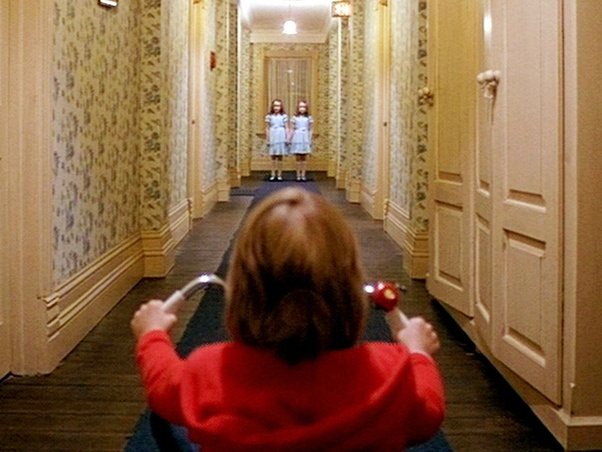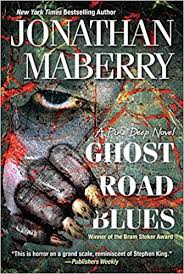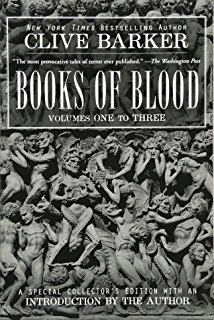I’ve been writing a lot, lately. I’ve been studying the craft of writing as I go. From Easy A, we learn that often times that which we study academically will be mirrored in our personal lives. I like to think that lesson isn’t just a plot device. This writing craft is interesting stuff because truly stories are but imitations of real life. And life is lived stories, no?

Recently I posted about the demise of a relationship. *Sigh* It was not a smooth departure, an exit fraught with bumps and potholes. From the “bumps” that lined the path to our break up, I saw that Now-Ex (I’m going to refer to him as such because anonymity and all) had what writers like to call “emotional wounds”, instances of trauma (both mild and intense) that find a way to color our approach to making decisions.
I didn’t see all this right away because he was really cute, and made me laugh. Like, can’t breath tears streaming down my face LoL’ing. I just thought I had failed to be the perfect boyfriend.
Then I got feedback from Maria, a freelance editor. She expounded on the amazing concept of the emotional wound. Apparently my Main Character was lacking one. At least, it wasn’t apparent. What made him want to do the things he did? What fears spurred him or held him back? This lack of past trauma seemed to make him a bit flat. Fair enough. A little bit of pain in life can definitely help add depth to character. I mean, would Thanos have been as compelling if he hadn’t seen his home planet deteriorate? Emotional wound at play. In Hocus Pocus, if Max hadn’t been subjected to bullying (emotional wound) or having lost his friends due to a move (ah! Emotional wound.) then he probably wouldn’t have had the motivation to light that blessed candle, ergo there wouldn’t have been a charming little story.

I needed to find an emotional would for MY character. He needs that extra…sauce, if you will, that lets the reader know this person has seen some things or had some things happen in his life that explain why he is so ambitious, why he doesn’t see a necromancer’s (it’s a fantasy adventure, btw) plot as diabolical. Emotional wounds give writers a map for a character’s journey from one type of person to something different.
I looked no farther than Now-Ex, because what most of us do after a break-up is analyze it to…I was going to say death, but it’s already dead if you’re broken up. It’s like taking road kill home. Yes! Taking it home and pulling the poor creature’s already broken body apart just to, you know, see.
What did I see when I took the painful step of looking around?
I saw that I was pretty decent boyfriend. I also saw that Now-Ex had more emotional wounds than I realized. Well, he had a lot of infection from a couple of emotional wounds. I pieced together what I observed and came to a few conclusions about what Now-Ex must have suffered and how that impacted our….story.
I won’t lay bare all his shit; like an entire post of the emotional wounds manifested. All I’m going to say is: this is why you don’t kick kids out because they’re LGBTQ+. This is why moving around a whole bunch messes kids up (especially if you don’t take the time to process it with the child). This is also why we can’t be afraid or embarrassed of therapy. We use crutches like drugs, sex, or, as in Now-Ex’s case, pets to stopper the trauma. When his poor Sweeite passed all that was left was the added pain of her absence, on top of all the emotional damage that she had helped to mask.
I can still hear Now-Ex’s howls as his little Coping Mechanism left this world. I wish I could un-hear him wailing about how sorry he was that he couldn’t save her. Emotional wound made manifest.

I’m sure we can all point to our own wounds. Sometimes they are only revealed as we travel through our owns stories and we are faced with decisions. Do we let the emotional wounds win over? Or do we face them and steer the other way, to a healthier, more self-aware sense of being?
I guess I left Now-Ex because I was afraid he wasn’t trying to over-come his emotional wound. I had a feeling he found comfort in it. I get it. He went through a significant amount of trauma.
And now I have fodder to help me craft a better, more relatable character. I have a feeling my Main Character’s emotional wound will, like Now-Ex, be related to his mother.










 Image by Gopal 1035
Image by Gopal 1035 